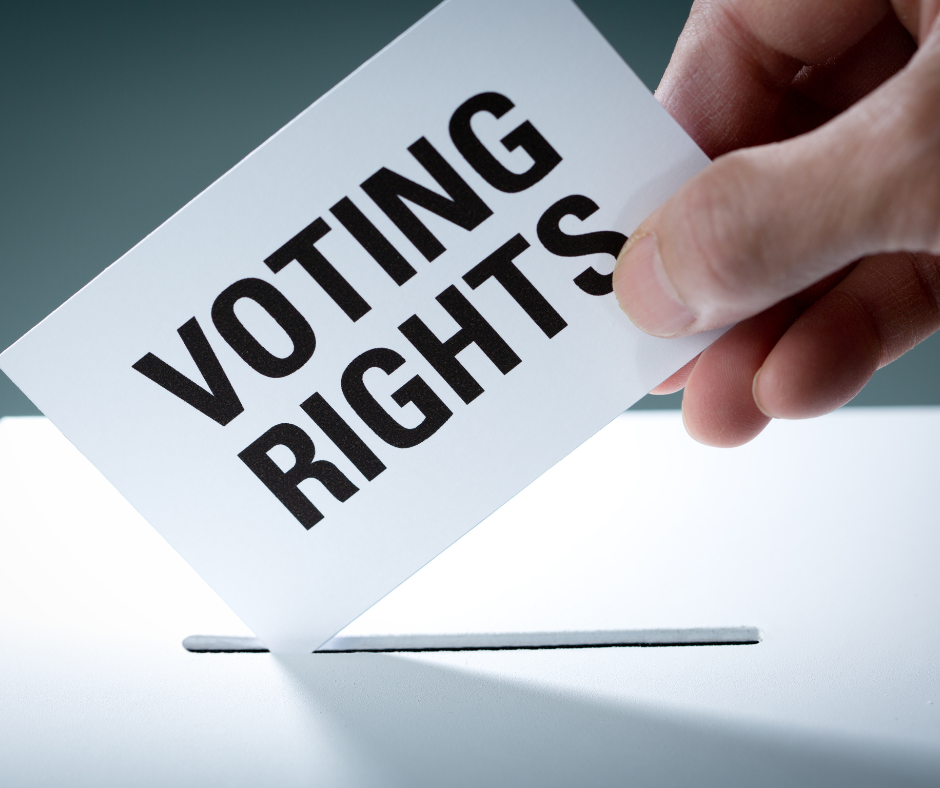Last year, Texas Republicans passed sweeping legislation imposing major changes to voting law and local control of elections. Senate Bill 1, signed into law by Governor Greg Abbott on September 7, 2021, banned drive-thru and 24-hour voting, empowered partisan poll watchers and made it more difficult to vote by mail — including a provision that made it a felony for public officials to send unsolicited applications to request a mail-in ballot. The legislation also established monthly citizenship checks and created new rules for voter assistance (some of which were struck down by a federal judge in Texas in June).
Of the law’s many new restrictions, the changes to the mail-in voting process may have the gravest consequences for Democrats and progressives in November. Ahead of the March primaries, hundreds of Texans saw their applications for mail-in ballots rejected, many of them in some of the state’s most populous counties. Under the new voting law, mail-in voters (who must meet strict guidelines to be eligible for a mail-in ballot) must provide their driver’s license number or the last four digits of their Social Security number twice — once on their ballot application and again on their completed ballot. The numbers must match the data the state has on file.
Similarly, the number of ballot rejections seen earlier this year is incredibly concerning: in just 16 of the state’s most populous counties, 18,742 mail-in ballots for the March primary elections were tossed, most for failing to meet the state’s new ID requirements (99.6% of rejections in Harris County were due to the new ID rules). In Bexar County, almost 22% of mail-in ballots were rejected.
The new law is affecting Texans across demographic lines and across the state, although some groups are disproportionately impacted. “It’s disturbing that our senior citizens who have relished and embraced voting by mail are now having to jump through some hoops, and it’s upsetting when we have to send a rejection letter [when] we can see they’ve voted with us for years,” Jacque Callanen, the Bexar County election administrator, told the Texas Tribune.
Older Americans form an important demographic that would benefit significantly from increased access to transportation to the polls. Most notably, they are a key group impacted by restrictive mail-in voting rules (eligibility is limited to those who are 65 or older, will be out of the county during the election, are in jail, or have a disability or illness that limits them from voting in person). In the 2016 presidential election, 71% of Americans over 65 voted — an impressive statistic compared to other age groups — but the 29% of older people who did not vote corresponds to approximately 2,262,000 votes nationwide that were not cast. Lack of transportation presents an issue not just for many older residents in Texas’ rural areas but in similarly car-dependent cities and suburbs across the state. As a group, boomers and members of the Silent Generation may prefer Abbott in the 2022 gubernatorial race, but there are many older Texans who are ready for an opportunity to vote him and other Republicans out of office — following the 2021 Texas Freeze, the Uvalde massacre and the enacting of draconian abortion laws in particular — given the opportunity.
The importance of transportation access has been clearly demonstrated by youth voter turnout, too. Among youth who were registered but did not vote in 2016, 29% said lack of transportation was a barrier to voting; an even starker 38% of young people of color said lack of transportation prevented them from voting that year. Consider, too, moves that seem plainly aimed at restricting young people of color from voting. Ahead of the 2016 primaries, for example, students at Prairie View A&M — a historically Black university in Waller County — were initially faced with severely limited early voting options: one site located between 6 and 7 miles from campus and a second located more than 20 miles from campus. The county changed course after local outcry, but the incident represents just one of the latest in the county’s long history of student suppression.
Part of the solution to dealing with constant and rampant voter disenfranchisement is to creatively provide transportation access to those most likely to be impacted. Blue and purple counties in Texas will be especially important for Democratic and progressive campaigns, although many people in red counties will also be looking for opportunities to vote out GOP politicians. The project of turning Texas blue will require volunteers across the state to support would-be voters in and around colleges and universities, senior and community centers, areas with a critical lack of public transportation, and areas with few voting sites. Voting restrictions are a key avenue by which Republicans have entrenched themselves in office, and offering people in our communities a free ride to the polls with Rideshare2Vote is a basic way for us to collectively reverse course.


Patricia Knox
Thank you for being creative in responding to the transportation crisis for those of us who are without accessible transportation. Thanks again